Crypto is having a massive year in 2025. Bitcoin is flirting with the $110K mark, Ethereum is scaling faster than ever, and altcoins are seeing a fresh wave of interest. What started as a fringe idea is now firmly part of the global financial system, with millions of people trading, investing, and building around the clock.
Not all crypto exchanges measure up. Some deliver fast trades, strong security, and a user-friendly experience. Others lag behind, plagued by clunky interfaces, high costs, or concerns around trust. In a fast-paced market like this, the choice of platform can have a real impact.
We’ve scoured the market to bring you the top 11 cryptocurrency exchanges of 2025. These platforms shine for their security, fees, coin variety, and ease of use, whether you’re a newbie buying your first $50 of Bitcoin or a pro slinging futures contracts. From Binance’s empire to Coinbase’s cozy app, here’s your roadmap to trading smarter this year.
Here’s who made the cut:
- Binance – The crypto colossus with everything under one roof
- Coinbase – Simple, secure, and built for beginners
- Crypto.com – Mobile-first with cards, rewards, and DeFi flair
- Kraken – Rock-solid security and pro-level trading tools
- Bybit – The futures and derivatives specialist
- Bitget – Altcoin variety and tech-savvy features like copy trading
- OKX – A fully loaded platform for serious traders
- Upbit – Asia’s liquidity leader with a strong KRW market
- Gemini – Regulation-first, security-obsessed, and great for institutions
- Bitstamp – Oldest in the game, perfect for Europeans
- MEXC – Altcoin heaven with more tokens than anyone else
Let’s break them down.
1. Binance: The Crypto Colossus

Binance isn’t just an exchange, it’s a crypto universe. Launched in 2017 by Changpeng Zhao, this Cayman Islands giant handles 38% of global trading volume, dwarfing the competition.
With over 350 coins, from Bitcoin to the weirdest altcoins, Binance is where traders go to get it all. Want to buy crypto with your debit card? Done. Craving futures or staking? They’ve got that too.
Fees are dirt cheap, 0.02% to 0.1% for makers, with discounts if you pay with BNB, Binance’s own token. The platform’s a dream for pros, with charting tools and margin trading, but beginners can start simple with a clean mobile app. Security’s solid, thanks to two-factor authentication and a SAFU fund to cover rare hacks.
The downside? A $4 billion U.S. settlement in 2023 over regulatory slip-ups still stings, and the sheer number of features can spook newbies.
- Pros: Crazy low fees, unmatched coin variety, liquid as an ocean.
- Cons: Regulatory baggage, steep learning curve for some.
- Best For: Anyone from casual buyers to hardcore traders.
2. Coinbase: The Beginner’s BFF

If Binance is a crypto metropolis, Coinbase is the friendly neighborhood shop. Founded in 2012 in San Francisco, it’s the biggest publicly traded exchange, with a $66 billion market cap and 6.9% market share.
Coinbase’s superpower is simplicity, its app and website make buying Bitcoin or Ethereum as easy as ordering pizza.
It supports 240+ coins, and you can track 18,000+ assets. Fees are higher, 0.05% to 0.60% for takers, but Coinbase One ($29.99/month) slashes them. Security’s top-notch: no major hacks ever, plus cold storage and insurance for custodial funds. It’s heavily regulated in the U.S., so KYC is mandatory.
Newbies love the free crypto rewards for learning via quizzes, but pros grumble about fees and slow support. Back in 2025, the exchange hit headlines after a data breach. No funds or passwords were leaked, but it did raise eyebrows about how securely user info is handled.
That said, it’s still one of the most trusted names in the game. The interface is clean, the security setup is tight, and it ticks all the regulatory boxes.
- Pros: Beginner-friendly, well-guarded, fully regulated
- Cons: Privacy concerns remain for some
- Best for: Users who value trust and ease of use over fancy features
3. Crypto.com: The Mobile Maverick

Crypto.com is the cool kid of exchanges, born in 2016 in Singapore and rocking an 6.2% market share. Its mobile app is a trader’s dream, sleek, fast, and packed with 400+ coins, from BTC to obscure gems.
It’s not just about trading; Crypto.com throws in crypto VISA cards with cashback, staking rewards, and a DeFi wallet for the Web3 crowd.
Fees are low, up to 0.075%, cheaper if you hold CRO, their token. Security is tight with multi-factor authentication and a transaction monitoring crew. The app’s customizable alerts keep you in the loop, but high withdrawal fees for some coins sting, and constant updates can annoy you. It’s a mobile-first platform that’s perfect for trading on the go.
- Pros: Killer app, tons of coins, sweet rewards.
- Cons: Steep withdrawal fees, update overload.
- Best For: Mobile traders and reward chasers.
4. Kraken: The Security Stalwart
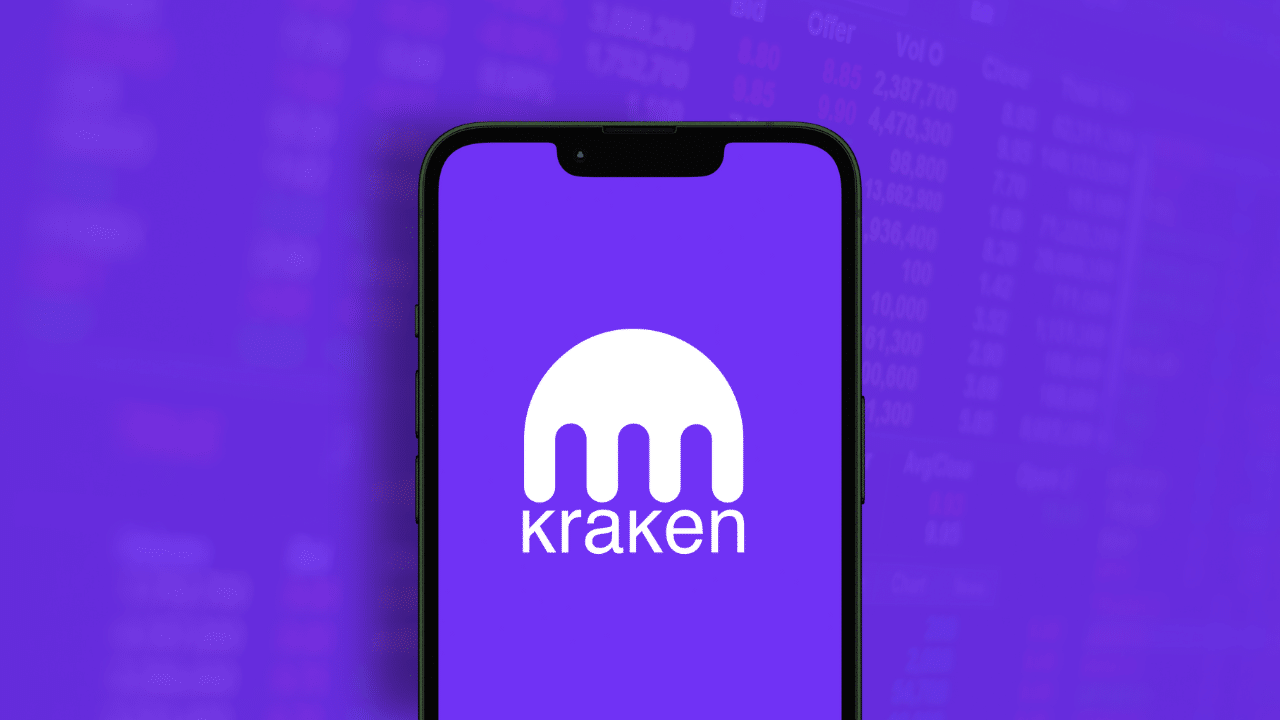
Kraken’s been a crypto OG since 2011, based in the U.S. and loved for its low fees and Fort Knox-level security. It’s not the flashiest, but it’s rock-solid, with 200+ coins and a pro-grade platform (Kraken Pro) for charting and margin trading. The layout’s clean and beginner-friendly, even first-time traders won’t get lost here.
Fees start at 0.10% for smaller trades and drop as volumes go up. On the security front, it checks all the right boxes: most funds are kept in cold storage, data’s protected with SSL encryption, and regular audits keep things tight.
Support’s stellar, with 24/7 live chat. The catch? Fiat support’s limited to USD, EUR, and a few others, and the advanced tools might scare off newbies.
- Pros: Cheap fees, bulletproof security, great support.
- Cons: Few fiat options, complex for beginners.
- Best For: Seasoned traders who value safety.
5. Bybit: The Derivatives Dynamo

Bybit, launched in 2018 and now in Dubai, is a derivatives powerhouse with an 6.7% market share. If you’re into futures or perpetual contracts, Bybit’s your jam, offering high liquidity and fees below 0.1%.
It supports a wide range of coins, but the focus is on leveraged trading, with slick charting tools to match.
The platform is user-friendly for pros, with a mobile app and multilingual support for global users. Security’s solid, multi-signature wallets and cold storage, but fiat on-ramps are sparse, and U.S. traders face restrictions. Bybit’s all about speed and precision for those who play the high-stakes game.
- Pros: Derby-level derivatives, low fees, global reach.
- Cons: Weak fiat support, U.S. bans.
- Best For: Futures traders craving liquidity.
6. Bitget: The Altcoin Adventure
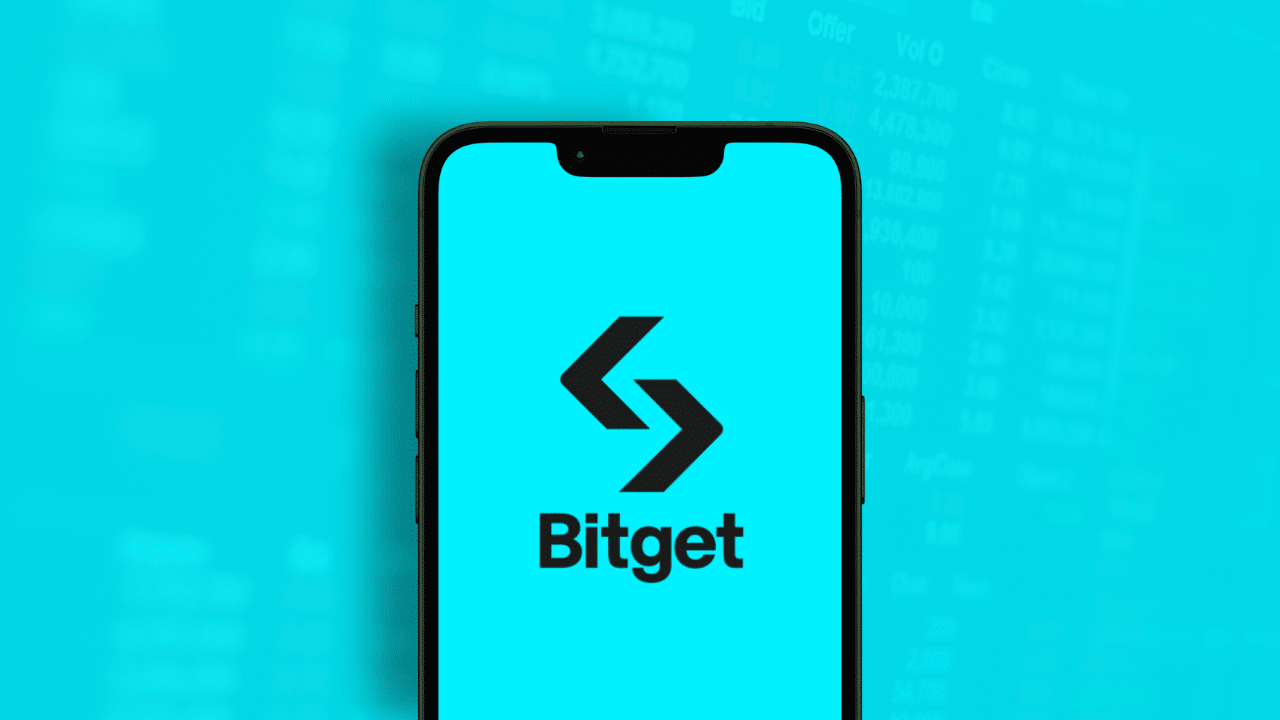
Bitget’s a 2018 Seychelles startup that’s climbed to a 8.9% market share by going all-in on altcoins. With 550+ coins and 700+ trading pairs, it’s a treasure trove for those hunting the next big token.
Fees are low and features like copy trading (following pro traders’ moves) and bots make it a techy trader’s playground.
Fiat deposits via bank accounts are a plus, and the interface works well on web or mobile. Security’s decent with keyless MPC tech and cold storage, but Bitget’s newer than Binance, so trust is still building. Support can be sluggish, which frustrates some users.
- Pros: Altcoin paradise, cool tools, cheap trades.
- Cons: Less proven, slow support.
- Best For: Altcoin hunters and tech-savvy traders.
7. OKX: The Pro’s Playground
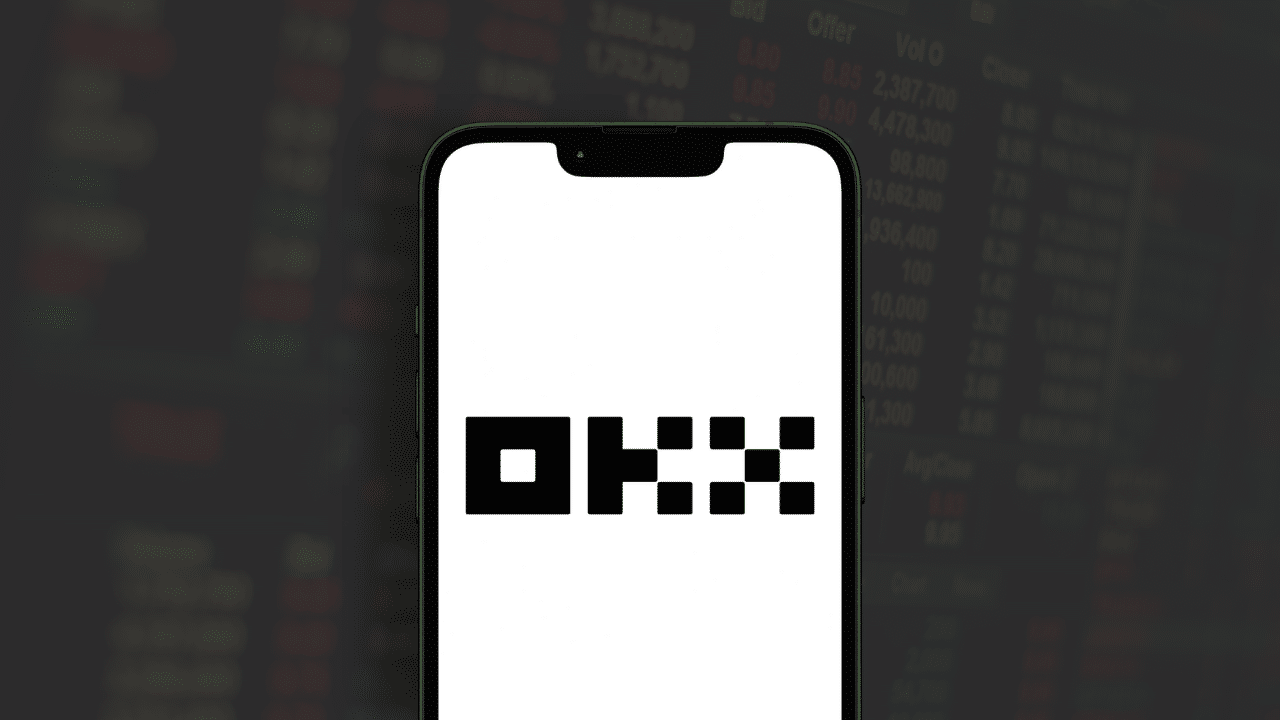
OKX, born in 2017 in Seychelles, recently expanded in Europe, is a pro trader’s haven with a 7.1% market share. It’s got hundreds of coins, low fees (up to 0.08%), and a dashboard you can tweak to your heart’s content.
OKX is built for serious traders. It supports margin, futures, and real-time analytics that let advanced users run complex strategies with ease.
OKX takes security seriously, using strong encryption and multi-layer authentication to keep accounts safe. It also makes things easy on the funding side, with fiat deposit options available in several countries.
OKX isn’t the easiest platform to start with. The layout can feel complex for first-timers, and in some countries, it’s not even accessible due to local rules.
But for traders who know what they’re doing and want more control, OKX has the tools and features to back it up.
- Pros: Low fees, advanced trading options, available in many countries
- Cons: Complex interface, not available everywhere
- Best For: Seasoned traders who like to customize their setup and strategy
8. Upbit: Asia’s Heavy Hitter
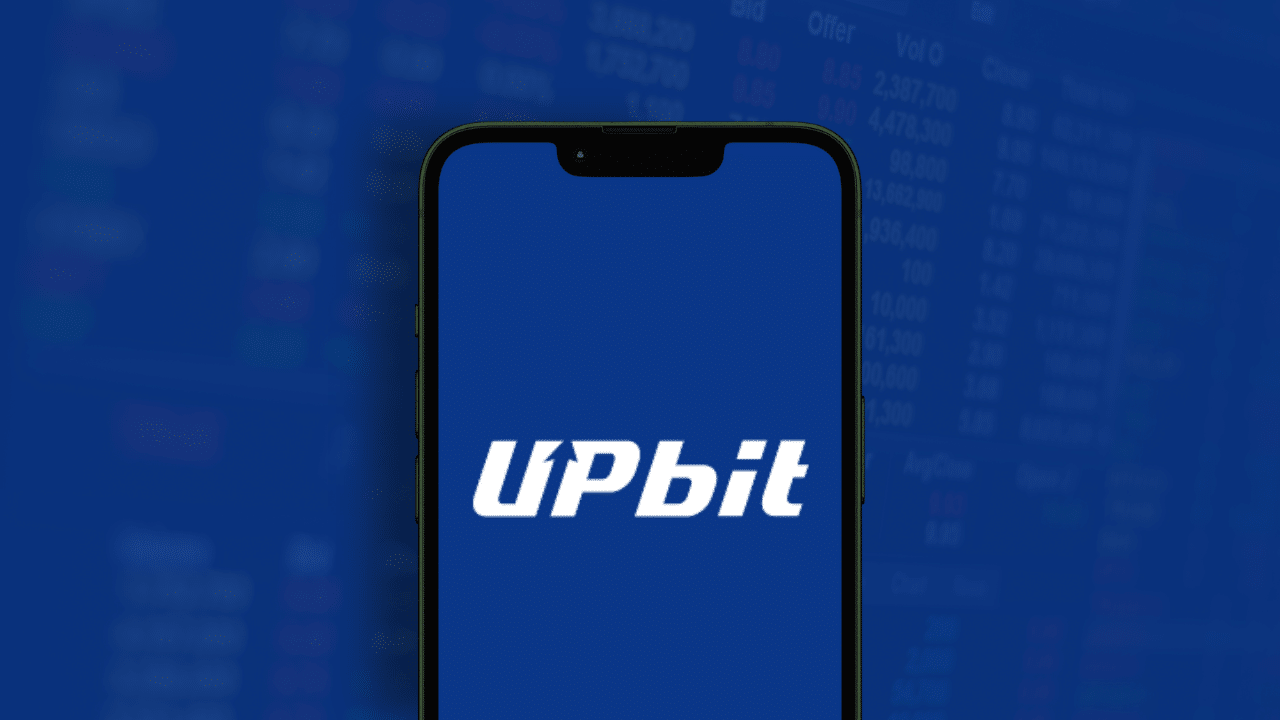
Upbit, a 2017 South Korean exchange, owns a 6.4% market share and rules the Asian crypto scene. Backed by Dunamu, it’s a liquidity monster, especially for KRW-based pairs. It supports a wide range of coins, including local favorites, with fees under 0.25%.
The interface is clean, and security is tight, hot/cold storage, multi-signature wallets, and FIU registration in South Korea. Upbit’s laser-focused on Asia, so fiat support outside KRW is weak, and global reach lags behind Binance. For Asian traders, though, it’s a no-brainer.
- Pros: Asian dominance, high liquidity, secure.
- Cons: KRW-centric, limited globally.
- Best For: Asian traders wanting local clout.
9. Gemini: The Regulator’s Darling

Gemini, founded in 2014 by the Winklevoss twins, has always put security first. It’s not the largest exchange out there, with just over 100 listed coins and a modest market share, but it’s built for users who value trust and protection over hype or endless features.
Trading fees range between 0.03% and 0.4%, and their ActiveTrader platform has solid tools for more advanced users.
Where Gemini stands out is security. Most assets are stored offline, they meet SOC 2 compliance standards, and customer funds are insured. It also offers a practice mode to help users learn the ropes without putting money on the line.
Plus, since it’s fully regulated in the U.S., there’s a level of trust here that many offshore exchanges can’t match.
That said, Gemini isn’t cheap, its fees are higher than platforms like Binance. And if you’re looking to trade a wide range of tokens, you might find its selection a bit limited.
- Pros: Extremely secure, regulated in the U.S., great for learning
- Cons: Higher fees, fewer coins to choose from
- Best For: Security-first and institutional traders.
10. Bitstamp: The Old-School Reliable
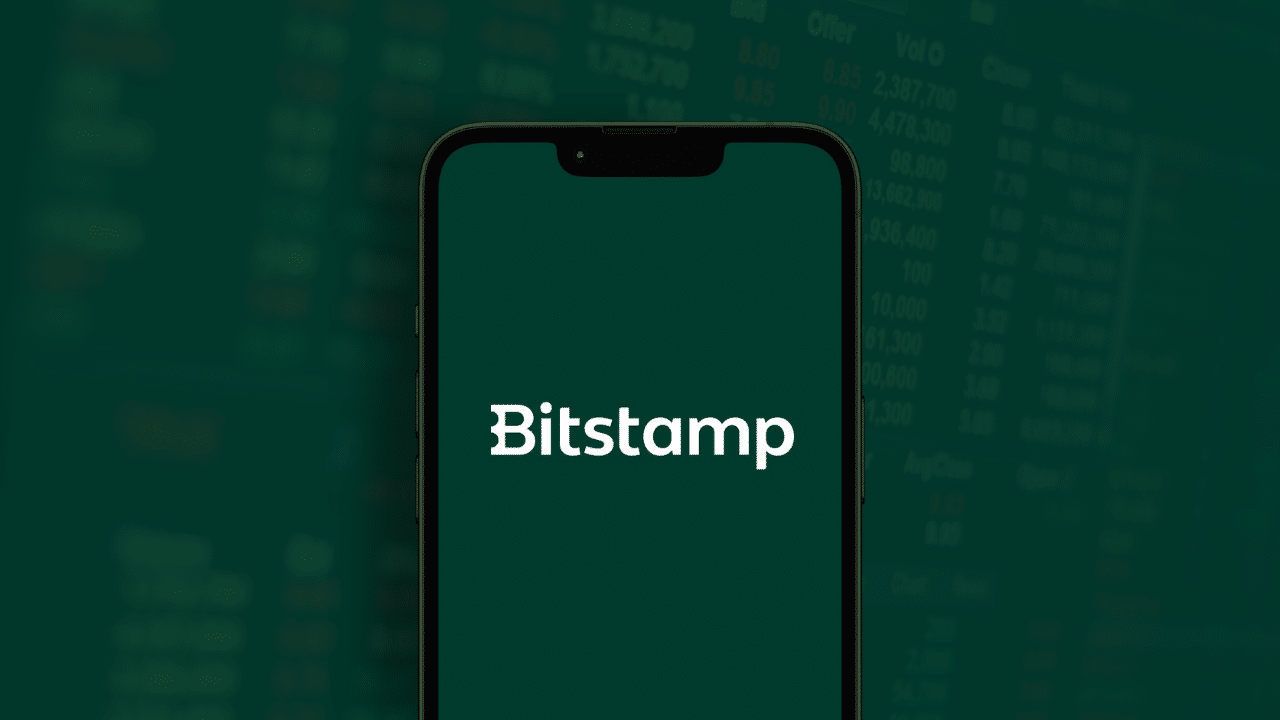
Bitstamp’s been around since 2011, now acquired by Robinhood, making it a crypto dinosaur. Based in Luxembourg, it ranks third globally and dominates Europe with high liquidity for 82 coins.
Fees start at 0.5% for small trades, dropping for bigger ones, and fiat support includes USD, EUR, and GBP.
The interface is simple for beginners but has enough depth for pros. Security’s robust, multi-signature wallets, cold storage, KYC compliance. The platform doesn’t offer a massive range of coins, and U.S. users face a $50,000 withdrawal limit via ACH, which might be a downside for high-volume traders.
Still, if trust, transparency, and steady service matter more than having every altcoin out there, Bitstamp is a solid pick.
- Pros: Long-standing reputation, Europe-friendly, fair fees
- Cons: Limited coins, withdrawal caps.
- Best For: European traders wanting stability.
Also Read: 7 Bitcoin Mining Software for 2025
11. MEXC: The Altcoin Mecca

MEXC, a 2018 Seychelles exchange, is an altcoin lover’s dream with a 7.1% market share. It boasts 1,500+ coins, more than anyone else, and fees as low as 0.02%, with some pairs even free. Futures trading and high-frequency tools make it a hot spot for aggressive traders.
The platform’s user-friendly, with solid charting, and security’s decent with cold storage and monitoring. MEXC’s less regulated than Coinbase, and support can be slow, but for those chasing the next 100x coin, it’s unmatched.
- Pros: Insane coin variety, dirt-cheap fees, altcoin heaven.
- Cons: Light regulation, spotty support.
- Best For: Altcoin speculators and bargain hunters.
Choosing a crypto exchange is kind of like picking a car — it depends on your style, budget, and what you care about most. Here’s what to look at:
- Security: If keeping your funds safe is top priority, Kraken, Gemini, and Coinbase are solid choices. They use cold storage, publish audits, and have a strong track record.
- Fees: Want to save on costs? Binance, MEXC, and Bitget offer some of the lowest fees. Coinbase and Gemini are a bit more expensive, especially for casual users.
- Coin Variety: If you like exploring lesser-known tokens, MEXC and Binance give you the most options. Bitstamp and Gemini are more selective, and great for blue-chip assets but limited beyond that.
- Ease of Use: Just starting? Coinbase and Bitstamp are simple and beginner-friendly. OKX and Bybit are more geared towards experienced or pro traders.
- Regulation: If staying compliant matters, especially in the U.S., platforms like Coinbase, Gemini, and Kraken are well-regulated. Others like MEXC and Bybit operate a bit more freely.
- Liquidity: Want quick, smooth trades? Binance and Crypto.com handle massive volumes, which helps keep trades fast and prices fair.
Also, don’t forget where you live. Some exchanges like Upbit work great in certain countries but might be limited elsewhere. Always enable 2FA, and compare fees before funding your account.
The Risks You Can’t Ignore
Let’s be real, crypto isn’t risk-free. Prices can move fast, and even big exchanges have gone down (think FTX in 2022). No platform is 100% safe, so don’t keep large amounts sitting there long-term.
Use exchanges to trade, not store. If you’re holding serious value, get a hardware wallet. Also, keep an eye on regulations. With 2025 tightening the rules in many countries, staying informed can save you from trouble later.
Bottom Line
Crypto’s buzzing in 2025, and the top exchanges are better than ever. Binance leads the pack for volume and variety. Coinbase is clean, simple, and trusted. MEXC is your go-to for altcoins. Kraken and Gemini are rock solid on security. Crypto.com nails the all-in-one mobile experience.
Your best exchange depends on what matters to you, low fees, a good app, strong security, or a wide coin list. Just do your homework, stay cautious, and never forget: crypto’s high risk, high reward, and nobody’s got a crystal ball.
Also Read: 6 Best Pi Network Wallets for Every Pioneer in 2025
